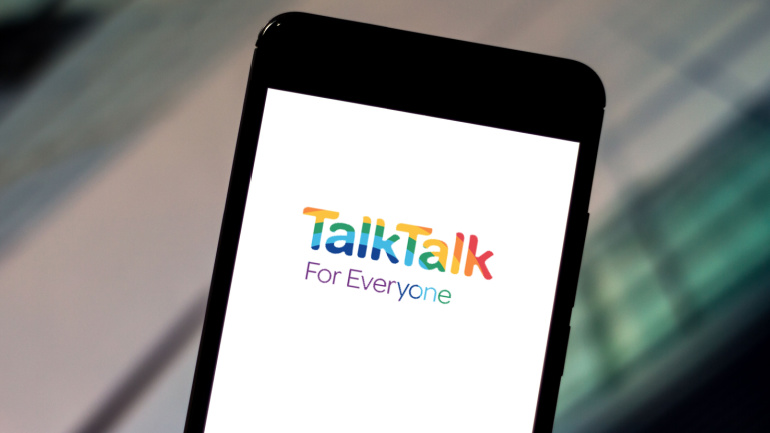The EU’s first annual State of the Digital Decade report highlights an urgent call to action for increased investment to meet its 2030 technology targets. The report underlines the significance of collective efforts by member states to successfully navigate the prevalent digital transformation. The document illuminates areas such as 5G deployment, which has been slower than expected, and inadequate fiber network coverage, among others. Simultaneously, it draws attention to other essential aspects, like digital sovereignty and the digitalization of businesses, suggesting an additional investment of at least €200 billion may be necessary. Issues such as these could hamper the bloc’s ambition to double its share in the semiconductor sector by 2030.
The UK’s communications regulator, Ofcom, has finalized plans to auction off mmWave spectrum for mobile services, with an eye on potential effects a pending Vodafone/Three UK merger might have. This move underscores the regulatory body’s diligent efforts to enhance 5G spectrum allocations, allocating citywide licenses to 68 major UK locations. Despite the anticipated delay due to the merger’s evaluation, Ofcom plans to award licenses on a first-come, first-served basis in less densely populated areas, promising a balanced landscape for both telecom giants and early adopters.
Nvidia aims to convince telecoms to use its GPUs in 5G networks, citing NTT Docomo’s recent GPU-accelerated 5G launch in Japan. Yet, the role of Nvidia’s GPUs in telecom remains unclear. Meanwhile, the FCC breaks a two-year deadlock, reigniting net neutrality debates. Telefonica Germany partners with Skylo for global IoT connectivity, expanding options for businesses and consumers. Nokia explores rugged 5G devices for harsh environments, catering to specialized industries with challenging conditions.
TalkTalk, a renowned Broadband ISP, recently unveiled plans for a radical transformation. The organization aims to split into three distinct operations: business, consumer, and wholesale. As this change signals a departure for current CEO, Tristia Harrison, successors are already being primed. This strategic move aims to enhance customer service, streamline operations, and diversify investment routes, despite looming debts and past acquisition attempts. The complete ramifications of this crucial split unfold at Connected North 2024.
BT pushes forward with their ambitious plan to replace ageing Public Switched Telephone Network with IP-powered Digital Voice service, predicting a full national transition by 2025. This phased rollout highlights an industry-wide shift toward modern, energy-efficient, and highly reliable communication solutions. However, with earlier power outages prompting questions around adequate support during emergencies, the telecoms giant is treading carefully. As we brace for a digital era, join us at Connected North 2024 to delve deeper into what this change signifies for UK consumers.
Cloud communications leader Sinch and one of North America’s largest and most trusted membership organizations, AAA, are partnering to expand chat capabilities for individuals requesting roadside assistance. These changes will allow those stranded in remote areas to seamlessly connect with AAA for help.
Samsung Electronics and KDDI today announced the companies have signed a Memorandum of Understanding (MOU) to form a 5G Global Network Slicing Alliance. Through this new alliance, the companies will work together to introduce an array of commercial 5G network slicing services and assess new business models based on this innovative technology.
In a game-changing move, Voneus aligns with Broadway Partners, Cadence Networks, and SWS Broadband, facilitated by Macquarie Capital, IIF, and Tiger Infrastructure Partners, alongside a hefty £250 million investment. Known for boosting superfast broadband in underserved UK rural areas, Voneus’ ambitious scope partnered with Project Gigabit has proven an investment magnet. Phantom impacts of this colossal merger are yet to unfold, but Voneus sets its sights on servicing 350,000 premises across the UK in a dynamic shift in the telecommunications sector.
conXhub, a leading provider of cloud-based communication and collaboration platforms, has entered into a strategic partnership with DIDWW, a global telecom operator offering premium quality VoIP communications, two-way SIP trunking and SMS services for businesses and telecom carriers. Through the alliance with DIDWW, conXhub aims to extend its global reach, ensuring high quality voice services for unparalleled customer experience.
Amid growing inflation and swelling telecom budgets, the advent of 6G brings in costly implications tied to Radio Access Network (RAN) equipment. As these financial implications loom, The Next Generation Mobile Network (NGMN) Alliance proposes a different approach to 6G implementation that may spare existing 5G infrastructure from unnecessary renewal. They advocate an operator-driven decision process in refreshing the 5G RAN, maintaining that 6G upgrade should not compromise 5G user experience and should be software-upgradable on existing network elements. As 5G capex reaches its peak in markets like the U.S., NGMN’s stance could potentially redefine traditional strategies in introducing new generations of mobile technology.













